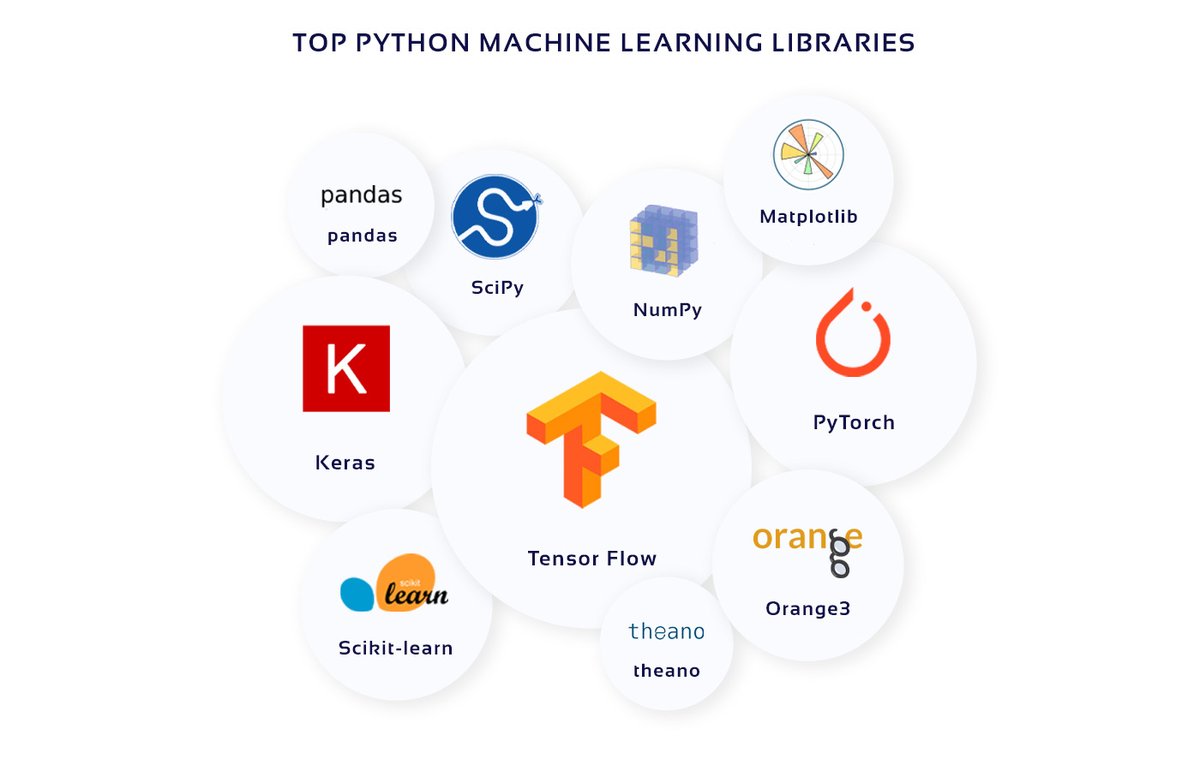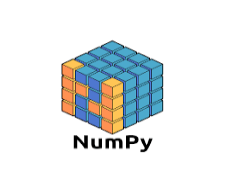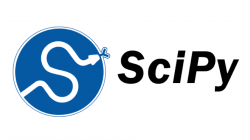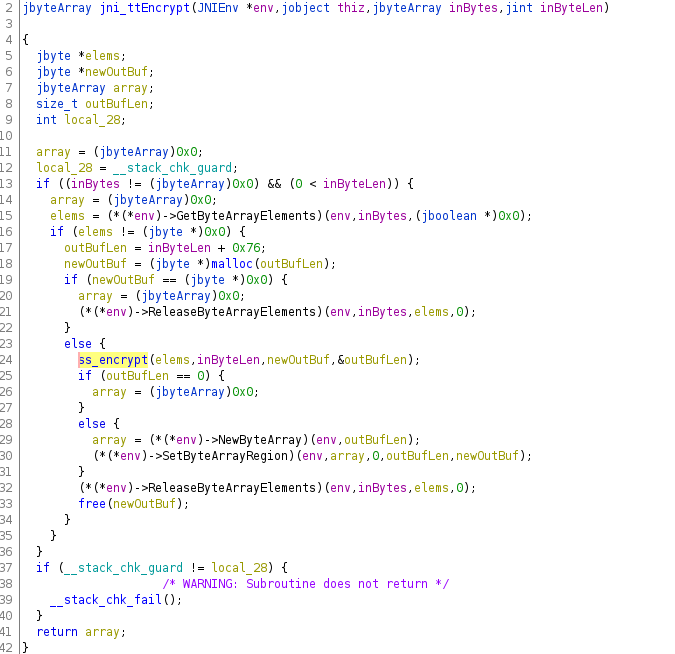I've applied for a total of 10 development jobs in my life:
- 7 lead to interviews
- Of those 7, 4 was a good fit for me
- Of those 4, 3 offered me the job
- In all 3 cases, I negotiated a better deal
🧵 on what worked for me and what YOU can do to get similar results 👇
If this thread was interesting to yo, I go a bit more in-depth on some of these subjects in a blog post here: https://t.co/AASK9YayR0
More from Machine learning
Do you want to learn the maths for machine learning but don't know where to start?
This thread is for you.
🧵👇
The guide that you will see below is based on resources that I came across, and some of my experiences over the past 2 years or so.
I use these resources and they will (hopefully) help you in understanding the theoretical aspects of machine learning very well.
Before diving into maths, I suggest first having solid programming skills in Python.
Read this thread for more
These are topics of math you'll have to focus on for machine learning👇
- Trigonometry & Algebra
These are the main pre-requisites for other topics on this list.
(There are other pre-requites but these are the most common)
- Linear Algebra
To manipulate and represent data.
- Calculus
To train and optimize your machine learning model, this is very important.
This thread is for you.
🧵👇
The guide that you will see below is based on resources that I came across, and some of my experiences over the past 2 years or so.
I use these resources and they will (hopefully) help you in understanding the theoretical aspects of machine learning very well.
Before diving into maths, I suggest first having solid programming skills in Python.
Read this thread for more
Are you planning to learn Python for machine learning this year?
— Pratham Prasoon (@PrasoonPratham) February 13, 2021
Here's everything you need to get started.
\U0001f9f5\U0001f447
These are topics of math you'll have to focus on for machine learning👇
- Trigonometry & Algebra
These are the main pre-requisites for other topics on this list.
(There are other pre-requites but these are the most common)
- Linear Algebra
To manipulate and represent data.
- Calculus
To train and optimize your machine learning model, this is very important.
10 PYTHON 🐍 libraries for machine learning.
Retweets are appreciated.
[ Thread ]

1. NumPy (Numerical Python)
- The most powerful feature of NumPy is the n-dimensional array.
- It contains basic linear algebra functions, Fourier transforms, and tools for integration with other low-level languages.
Ref: https://t.co/XY13ILXwSN

2. SciPy (Scientific Python)
- SciPy is built on NumPy.
- It is one of the most useful libraries for a variety of high-level science and engineering modules like discrete Fourier transform, Linear Algebra, Optimization, and Sparse matrices.
Ref: https://t.co/ALTFqM2VUo

3. Matplotlib
- Matplotlib is a comprehensive library for creating static, animated, and interactive visualizations in Python.
- You can also use Latex commands to add math to your plot.
- Matplotlib makes hard things possible.
Ref: https://t.co/zodOo2WzGx

4. Pandas
- Pandas is for structured data operations and manipulations.
- It is extensively used for data munging and preparation.
- Pandas were added relatively recently to Python and have been instrumental in boosting Python’s usage.
Ref: https://t.co/IFzikVHht4

Retweets are appreciated.
[ Thread ]

1. NumPy (Numerical Python)
- The most powerful feature of NumPy is the n-dimensional array.
- It contains basic linear algebra functions, Fourier transforms, and tools for integration with other low-level languages.
Ref: https://t.co/XY13ILXwSN

2. SciPy (Scientific Python)
- SciPy is built on NumPy.
- It is one of the most useful libraries for a variety of high-level science and engineering modules like discrete Fourier transform, Linear Algebra, Optimization, and Sparse matrices.
Ref: https://t.co/ALTFqM2VUo

3. Matplotlib
- Matplotlib is a comprehensive library for creating static, animated, and interactive visualizations in Python.
- You can also use Latex commands to add math to your plot.
- Matplotlib makes hard things possible.
Ref: https://t.co/zodOo2WzGx

4. Pandas
- Pandas is for structured data operations and manipulations.
- It is extensively used for data munging and preparation.
- Pandas were added relatively recently to Python and have been instrumental in boosting Python’s usage.
Ref: https://t.co/IFzikVHht4

You May Also Like
There are many strategies in market 📉and it's possible to get monthly 4% return consistently if you master 💪in one strategy .
One of those strategies which I like is Iron Fly✈️
Few important points on Iron fly stategy
This is fixed loss🔴 defined stategy ,so you are aware of your losses . You know your risk ⚠️and breakeven points to exit the positions.
Risk is defined , so at psychological🧠 level you are at peace🙋♀️
How to implement
1. Should be done on Tuesday or Wednesday for next week expiry after 1-2 pm
2. Take view of the market ,looking at daily chart
3. Then do weekly iron fly.
4. No need to hold this till expiry day .
5.Exit it one day before expiry or when you see more than 2% within the week.
5. High vix is preferred for iron fly
6. Can be executed with less capital of 3-5 lakhs .
https://t.co/MYDgWkjYo8 have R:2R so over all it should be good.
8. If you are able to get 6% return monthly ,it means close to 100% return on your capital per annum.
One of those strategies which I like is Iron Fly✈️
Few important points on Iron fly stategy
This is fixed loss🔴 defined stategy ,so you are aware of your losses . You know your risk ⚠️and breakeven points to exit the positions.
Risk is defined , so at psychological🧠 level you are at peace🙋♀️
How to implement
1. Should be done on Tuesday or Wednesday for next week expiry after 1-2 pm
2. Take view of the market ,looking at daily chart
3. Then do weekly iron fly.
4. No need to hold this till expiry day .
5.Exit it one day before expiry or when you see more than 2% within the week.
5. High vix is preferred for iron fly
6. Can be executed with less capital of 3-5 lakhs .
https://t.co/MYDgWkjYo8 have R:2R so over all it should be good.
8. If you are able to get 6% return monthly ,it means close to 100% return on your capital per annum.















